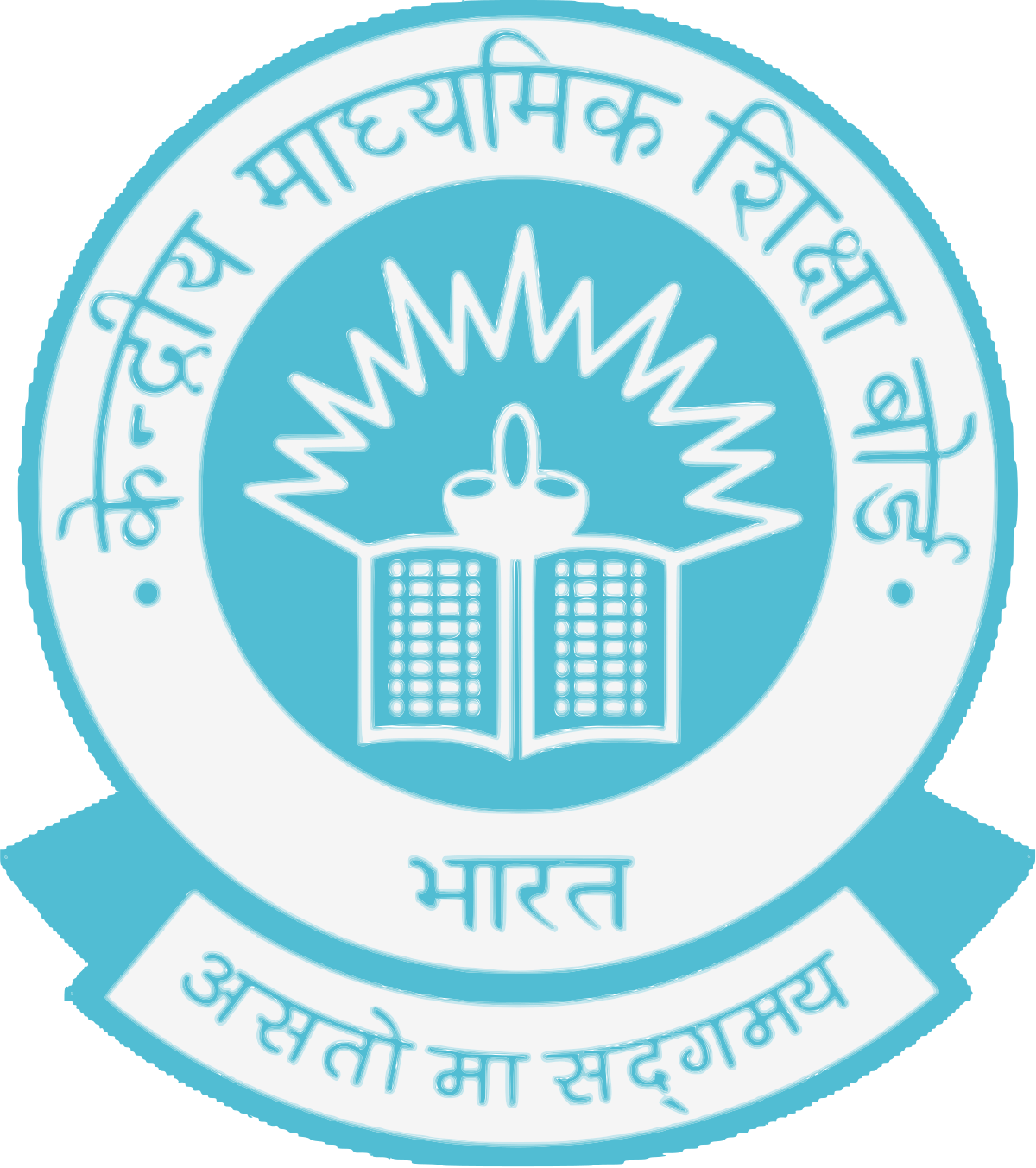Elementary Montessori
The Elementary Montessori Philosophy
Elementary Montessori is designed for children aged 6 to 12, serving as the next phase in Montessori education, where the focus is on nurturing independence, critical thinking, and a genuine love for learning. This stage promotes self-paced learning, encouraging students to explore their interests through hands-on activities. It goes beyond the subjects covered in Primary Montessori by adopting an interdisciplinary approach, weaving together Mathematics, Languages, Science, History, and Geography to provide a seamless and cohesive learning experience. Central to Elementary Montessori is the concept of Cosmic Education, designed to instill a sense of awe, wonder, and responsibility towards the Universe and its inhabitants. Through engaging stories, lessons, activities, and projects, children discover the intricate interconnectedness of the world around them.
Additionally, Elementary Montessori places a strong emphasis on social development, teamwork, cooperation, and leadership skills through lively discussions, group projects, and problem-solving activities. The classrooms in this phase establish extended work cycles to prepare children for more complex tasks and offer a unique focus on developing executive functions such as organization, time management, and self-regulation. This is achieved through activities like creating work plans and managing long-term projects. Furthermore, the Elementary Montessori approach promotes community development by providing opportunities for field trips, community service projects, and guest speakers. These experiences help children understand the broader relevance of their learning beyond the classroom and its profound connection to the wider world.
The Elementary Montessori Advantage
Cognitive Development
To develop the cognitive aspects of a child’s development, the Elementary Montessori approach engages them in activities that enhance and reflect the increased cognitive abilities, interests, and attention spans of older children. These activities may involve multiple steps, abstract concepts, and a deeper level of understanding.
Curriculum Scope
Expanding upon the foundation of the Primary years, the curriculum at the Elementary Montessori level is offered through five great stories that envision the whole universe and its components. Through these stories, students imbibe the importance of every atom in the universe which has a unique task to perform in the Universe. They love to learn and appreciate every living thing with gratitude.
Responsibility and Independence
Elementary Montessori inculcates in the children a willingness to take greater responsibility for their own learning, time management, and goal setting.
Reading and writing
All activities in the Elementary Montessori are designed to build the foundations of reading and writing established in the Primary years. At the elementary level, greater focus is laid on grammar, sentence structure, etymology of words, and creative writing
Learning Programs for Children's Developmental Needs
A child’s learning journey is influenced by their age and the specific Sensitive Periods they are undergoing during that stage of development. We design each program with great care, drawing on well-established activities and methods. Our Elementary Montessori Program at Harvest is one such priceless gem.
Students learn through the interconnectedness of the various subjects from various angles. Some of the subjects explored are: English, Zoology, Botany, Arithmetic, Geometry, Geography and History
How is Elementary Montessori different?
Classroom Environment
Montessori classrooms have a carefully prepared environment, featuring hands-on learning materials and a variety of workspaces that encourage self- exploration, collaboration, and independent learning.
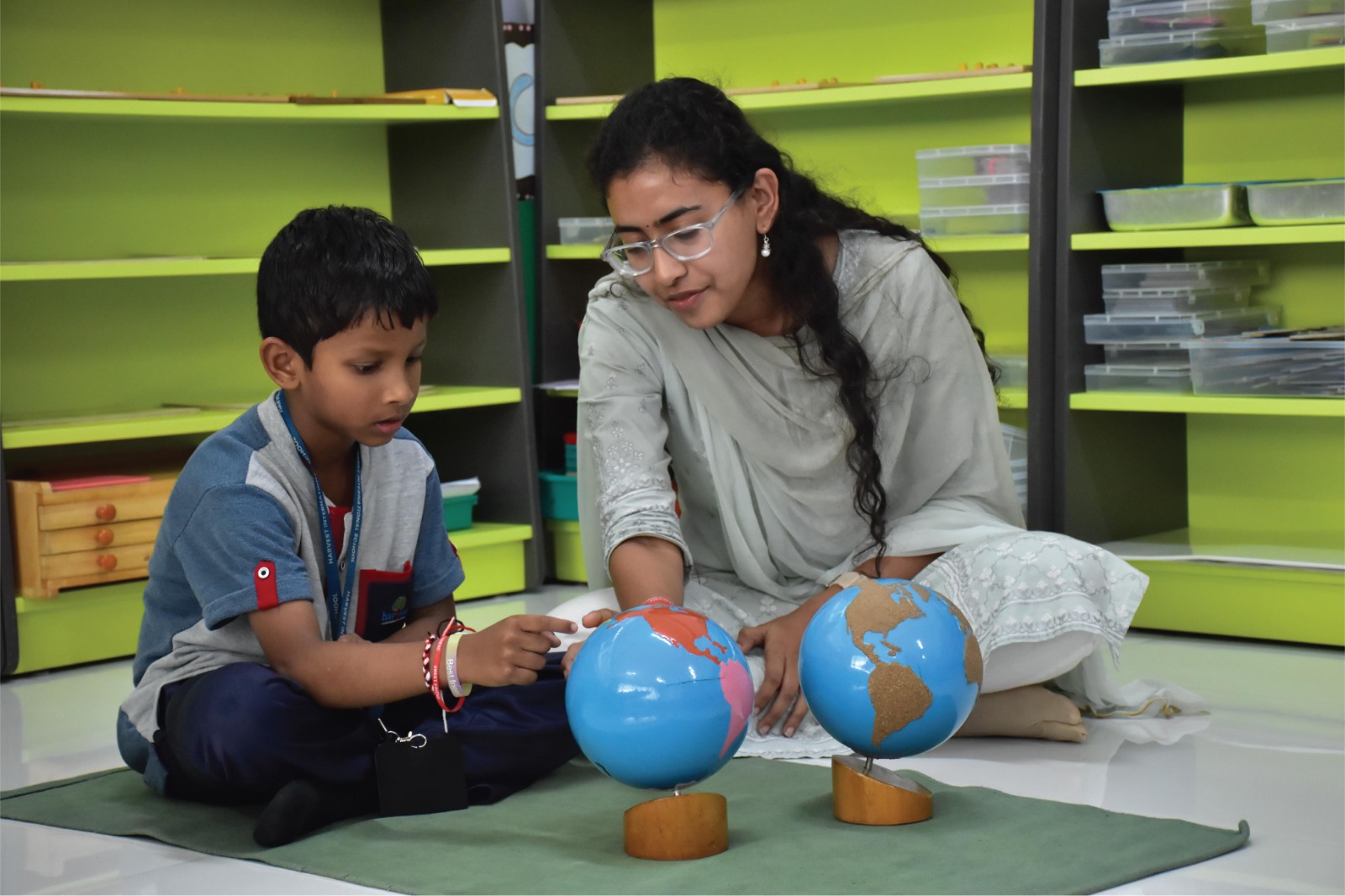
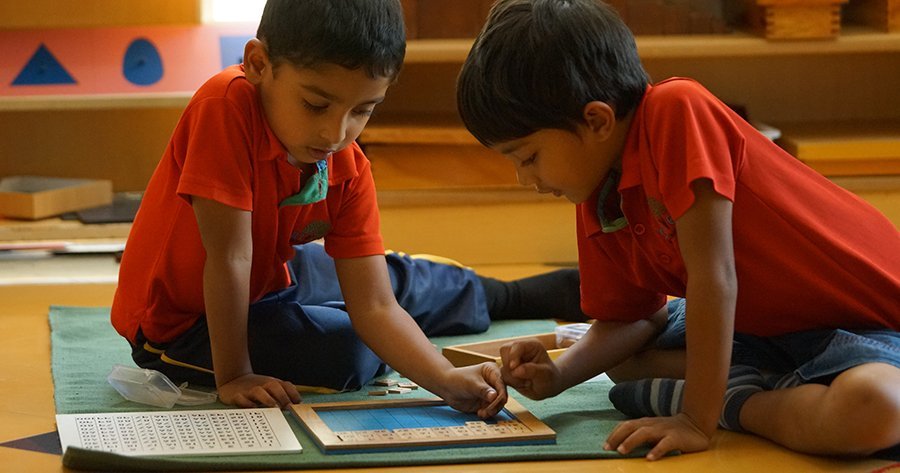
Mixed-Age Classrooms
Montessori classrooms typically include children from a range of ages, usually spanning three years. This allows for peer learning, mentorship, and a sense of community among students. There is a horizontal approach in terms of learning and classroom dynamics.
Assessment Techniques
Assessment in Montessori education is primarily formal and based on continuous observation of the child’s progress. Teachers provide individual feedback and adjust learning plans accordingly. There are usually no grades or standardized tests.
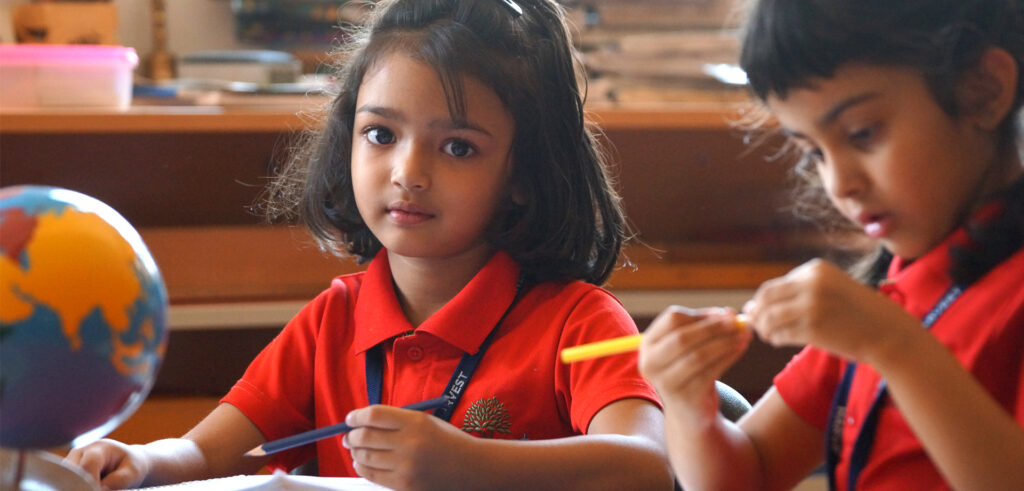
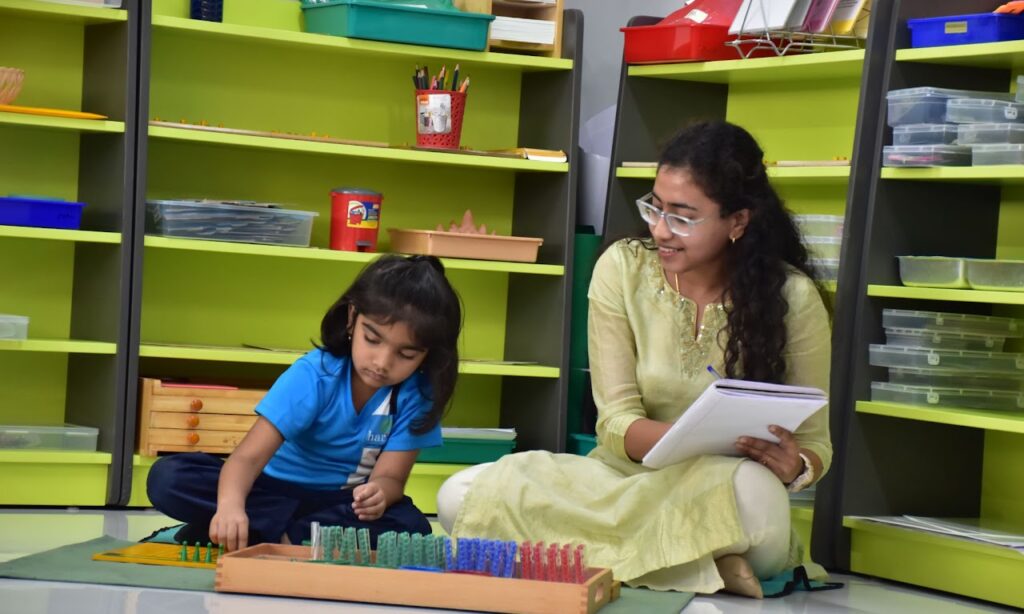
Student-Teacher Relationship
Montessori teachers work closely with students, developing individualized learning plans and providing experiences based on each child’s unique needs and interests.
Curriculum Focus
The Montessori curriculum is holistic, emphasizing the interconnectedness of subjects and the importance of developing the whole child-intellectually, socially, emotionally, and physically. Learning is open and integrated across subjects and real-life applications are emphasized.
How Do We Help Children Who Have Not Attended Primary Montessori Adjust to Elementary Montessori?
Children who have not attended Primary Montessori can thrive in an Elementary Montessori setting. The adaptable nature of Montessori education allows for a smooth transition with the right support and guidance that Harvest provides.
Here are some ways we at Harvest help such children adjust:
- Orientation and transition period:
Harvest offers extensive orientation to help children and parents transition and become familiar with the Montessori approach, the classroom environment, and expectations.
- Individualized learning plans:
Our Elementary Montessori teachers observe and support each child’s unique learning needs and interests. They create individualized learning plans to help children who are new to Montessori catch up on any skills or concepts they may need to strengthen.
- Small group and one-on-one support:
Our teachers provide extra guidance and support through small groups or one-on-one lessons. This personalized attention ensures that children receive the assistance they need to adapt and succeed in the Montessori environment.
- Peer learning:
Mixed-age classrooms in Montessori education encourage peer learning and collaboration. Children who are new to Montessori benefit from observing and working with their classmates, who serve as role models and offer support as they navigate the Montessori environment.
- Supportive environment:
A welcoming and supportive classroom environment at Harvest helps children feel comfortable and secure as they adjust to the Montessori approach.
- Parent involvement:
By learning about Montessori principles and methods, attending parent-teacher conferences, and reinforcing Montessori values at home, parents play
an important role in helping their children adapt to the Elementary Montessori approach.
Transitioning To Other Curricula
and problem-solving, will prove to be advantageous in the educational journey of our students.

Structured learning environment
Parents and teachers may help by creating routines, setting clear expectations, and providing guidance on management and organization.

Encouragement and emotional support
Encouragement from parents and teachers, helps Montessori children maintain their confidence and motivation as they adapt to the CBSE/IB curricula. Open communication about their feelings, challenges, and progress can also help ease the transition.

Familiarisation with the new curriculum
Our Elementary Montessori teachers will help children familiarize themselves with the new curricula by reviewing textbooks, worksheets, and other learning materials.

Gradual transition
A gradual transition to the new system will help children ease into the new syllabus. This may include starting with a few subjects or classes before transitioning to a full schedule.
The Elementary Montessori method at Harvest offers numerous benefits, fostering individualized, holistic learning. It nurtures independence, critical thinking, and social skills. Students develop a deep understanding of subjects and real-world applications, as well as a lifelong love for learning. This approach empowers them to become well-rounded, self-motivated, and adaptable learners.

